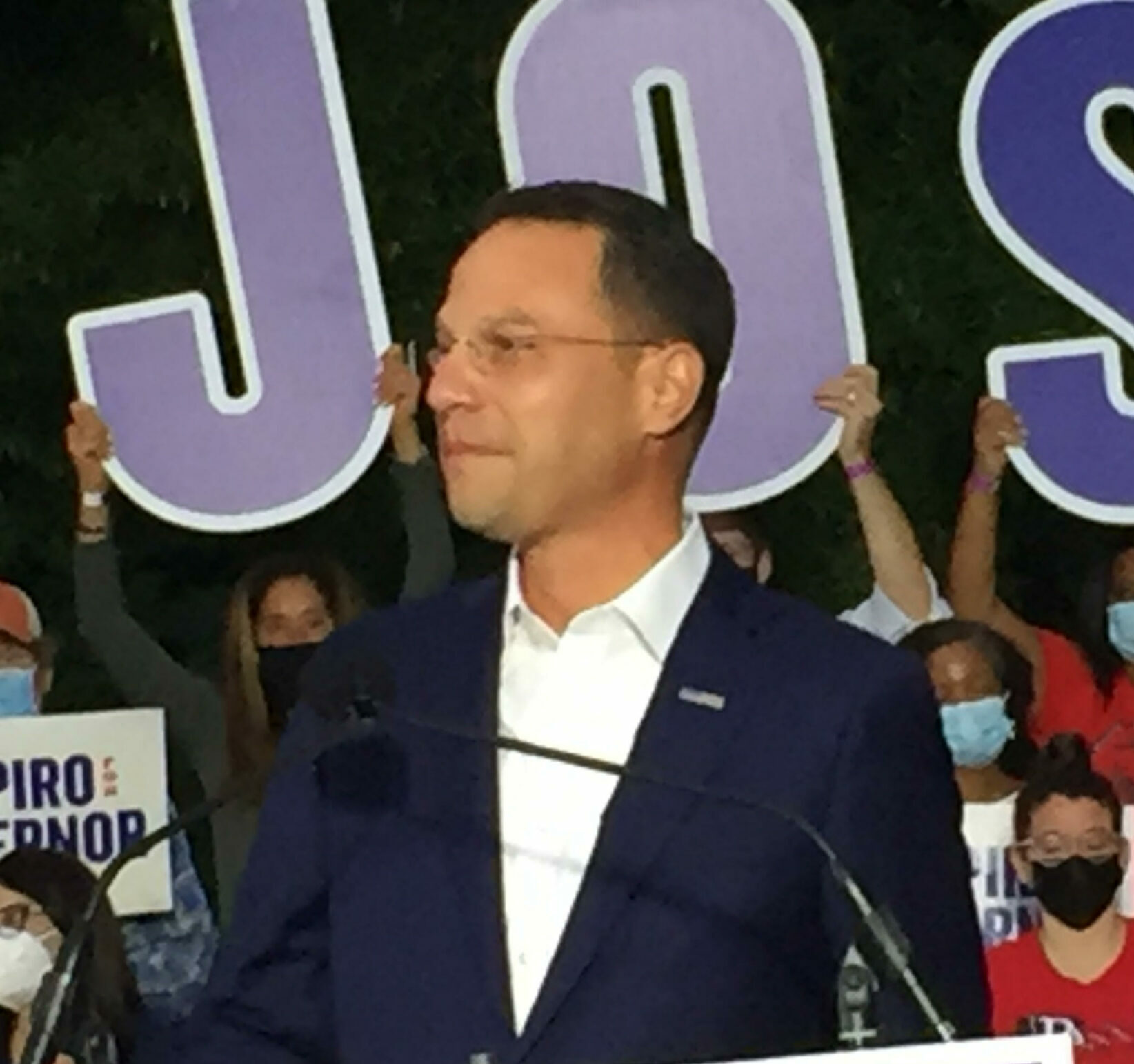Yaw Introduces Bill to Repeal RGGI Carbon Tax

State Sen. Gene Yaw has filed legislation to repeal the Regional Greenhouse Gas Initiative (RGGI) carbon tax.
Former Gov. Tom Wolf (D) signed an executive order in 2019 to bring the state into RGGI, a move the state legislature previously rejected. According to Yaw, RGGI, a multi-state compact, would increase consumer electricity rates while cutting energy and manufacturing jobs and lead to the closure of Pennsylvania power plants.
In a memo circulated to Senate members, Yaw said Senate Bill 1058 would repeal a CO2 Budget Trading program regulation promulgated by the Department of Environmental Protection (DEP) and the Environmental Quality Board (EQB) despite bipartisan objection from the General Assembly.
“For four years, Pennsylvania taxpayers have footed the bill for this unconstitutional, unilateral decision,” said Yaw (R-Bradford). “RGGI is wrong for Pennsylvania, and it is time to repeal this regulation and focus on putting forth commonsense, environmentally responsible energy policy that recognizes and champions Pennsylvania as an energy producer.”
Last year, the Commonwealth Court ruled Pennsylvania’s entrance into RGGI may only be achieved through legislation duly enacted by the General Assembly, not merely through rulemaking promulgated by DEP and EQB. That ruling has been appealed to the Pennsylvania Supreme Court by Gov. Josh Shapiro (D), and the appeal remains pending. In the past, legislation preventing Pennsylvania from unconstitutionally being entered into RGGI has received bipartisan support.
Perhaps to appear moderate while campaigning for governor, Shapiro did not back RGGI and refused to call for an end to fracking. Now that he is in office, he is fighting in court to uphold his predecessor’s action. Shapiro justified his decision to appeal the Commonwealth Court RGGI ruling as a defense of executive authority.
But other states that are part of RGGI—Connecticut, Delaware, Maine, Maryland, Massachusetts, New Hampshire, New Jersey, New York, Rhode Island, Vermont, and Virginia—joined with legislative approval rather than executive fiat.
According to the nonpartisan Independent Fiscal Office, RGGI could cost Pennsylvanians more than $663 million per year. The Department of Environmental Protection estimate put the number tens of millions of dollars higher, at $688 million.
Virginia, which Republican Gov. Glenn Younkin leads, is trying to leave RGGI. However, Democratic legislators oppose the withdrawal, and the Association of Energy Conservation Professionals has filed a lawsuit to block it.
Yaw said this legislation comes after a series of hearings with members of the Ohio General Assembly to discuss PJM and the reliability of the mid-Atlantic power grid it manages. PJM projects 20 percent of its existing capacity will retire between now and 2030. That would leave it without sufficient power to meet the demands of consumers.
Yaw added thermal generation retirements, like the recently announced Brandon Shores power plant closure in Maryland, coupled with the threat of RGGI, only further compromise the integrity of the electric grid. One Federal Energy Regulatory Commissioner (FERC) recently said the shutdown could cause a “potentially catastrophic” scenario. However, a recent FERC order shows concerns about the outlook of the region’s power production are being heard.
“Not only would RGGI leave thousands struggling to pay their utility bills during a time of record inflation, but it would also have a detrimental impact on the reliability of our region’s already strained electric grid,” Yaw said. “There is more work to be done, but this legislation is an important component to ensuring energy reliability, sustainability, and affordability for Pennsylvania families and businesses.”
The other RGGI member states are not energy-producing states. Pennsylvania has the highest production of natural gas after Texas. And fossil fuels here fund 424,000 jobs.
The threat of RGGI in Pennsylvania has driven fossil fuel plants out of existence, halted the construction of new natural gas power plants, and handcuffed businesses from making further investments with an uncertain regulatory future, according to Yaw. When this generation is retired by states with “clean energy goals,” the new generation cannot keep pace with the former plants.
The ongoing energy transition has had a detrimental impact on the reliability of Pennsylvania’s electric grid, making blackouts and restrictions on when and how residents and companies can use electricity inevitable, he noted.
Carl A. Marrara, executive director of the Pennsylvania Manufacturers’ Association, commended Yaw and the Senate for “tackling this important issue.”
“Senate Bill 1058 is necessary legislation to remove the unconstitutional mess, in the form of a $500 million energy tax, that the Wolf administration unilaterally imposed upon Pennsylvania’s ratepayers,” said Marrara. The Commonwealth Court’s decision last year clearly stated that RGGI is a tax and that, per the Constitution of Pennsylvania, taxation authority is granted solely to the legislature. Repealing RGGI will allow the General Assembly and Gov. Shaprio to debate and implement energy policies that make actual sense for our commonwealth.”



